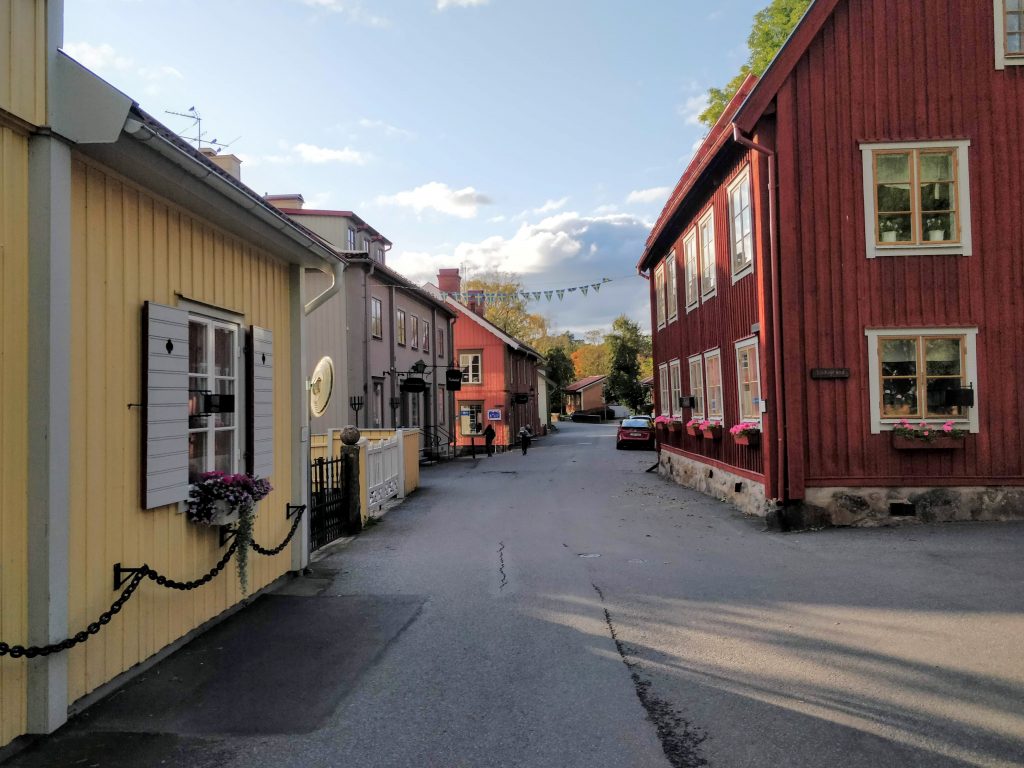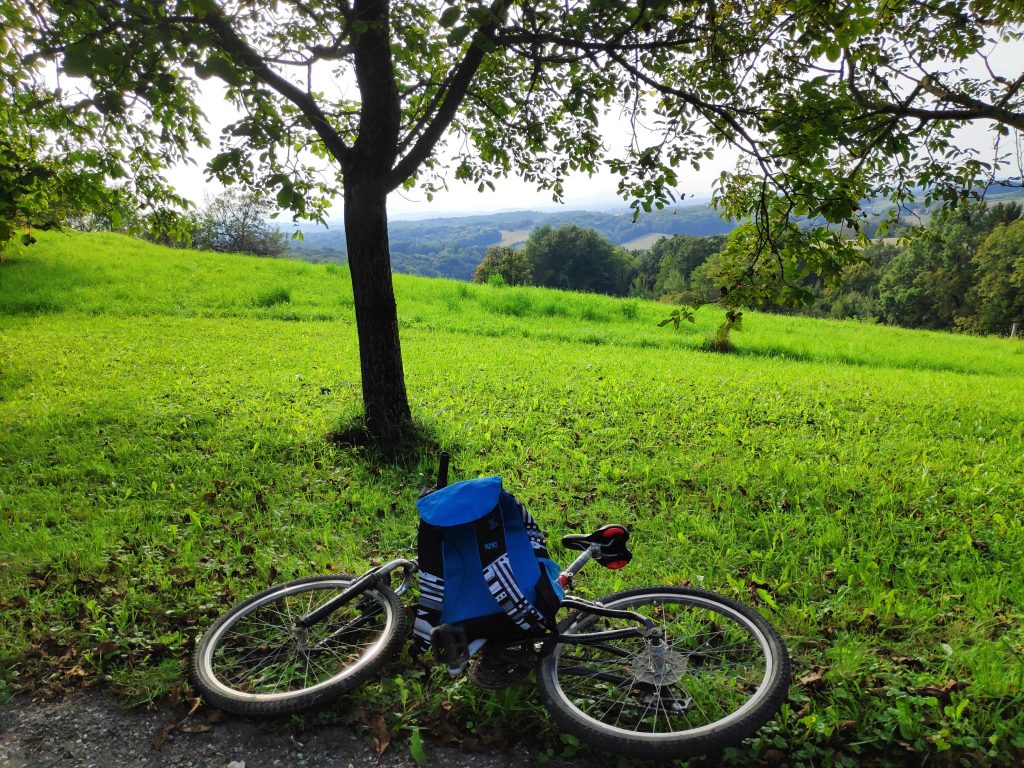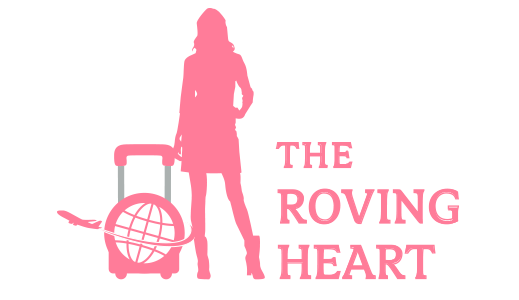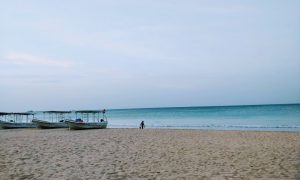When I was traveling in Europe for 3 months solo, I decided to volunteer, couch surf, hitchhike to save on costs. This helped me interact with the locals, and understand their way of living from close quarters.
Coming from India, I already had some ideas about cultural differences like using toilet paper, drinking tap water, well connected public transport, kissing in public, and so on. But there was enough of cultural shocks that surprised me when traveling in Europe.
Sharing some of the strangest things I discovered as an Indian solo female traveler in Europe in this post.
Read: The Other Side of Solo Traveling No One Tells You About
No sharing food
As Indians, we are so well versed in the concept of sharing food. Be it at home, or outside. 1/2 soup is such a universal thing in India, that you’ll be forgiven if you mistakenly ask for it when in a foreign country. Forget soup, sharing food is a big no-no in Europe.
Case in point: I was in a restaurant in Berlin and I was sharing food with my Indian friends. They were living in Berlin, and they stated that while the current restaurant allows us to share food, there are other restaurants where sharing food is frowned upon. And then I glanced at other tables and noticed that the two ladies at the adjacent table eating two full 12-inch pizza (with a fork) all by themselves. Europeans would rather parcel the leftovers. And please tell me, how do you eat pizza with fork?
Gender Equality
View this post on Instagram
When I’m in restaurants, I’m always made to feel like I can’t take care of my own bills. Be it in India and or even other parts of the world. But, all that changed when I was in Sweden.
When you are with a group of friends, usually the waiter broaches the topic of splitting the bill. But if there are two people from the opposite gender having a meal together, it’s somehow assumed that it’s a date and that the guy is expected to pay. And the girl will have to settle to fill feedback forms.
When I was sightseeing with my friend in Stockholm, I ended up visiting a restaurant for lunch. While it could have been mistaken for a date (which it was not), the cashier straight away asked us if we want to split the bill or want to pay it together. A waiter blurting out those words were like music to my ears being an independent girl that I am. While it was a small gesture, it really made a big impression on me.
And my friend also told me that this is pretty common in Sweden. Even when he goes on dates, they always go dutch.
This was true blue gender equality. Right there on your face. Give me more of that, please!
Independence at a whole new level

It’s common knowledge that Westerners are far more independent than Indians are. They usually move out of their house at 18 and live alone. And probably work on odd jobs to sustain themselves. Living together with your partner is quite common, and people usually get married when they please.
However, in Sweden, I came across another level of independence I had no idea about!
In Sweden, apparently, the houses are not built from the foundation and Swedes typically prefer prefab housing. Which means the houses are usually manufactured offsite in advance, and then shipped and assembled. Later, the owners take care of the plumbing, electricity, and the rest of the tasks involved with the house. Apparently, people figure these out by watching videos. Wow! That’s such an overwhelming task for my Indian habits.
Regardless, it was quite intriguing to come across a real-life version of the movie UP!
Read: Sweden beats the world in prefab housing
Luggage Etiquettes
While it’s customary to have a valet to take care of your luggage when in the hotels especially in India, it was quite interesting to see the other side of it in Europe. Whether I was staying in hotels, hostels, Airbnbs, there was no valet to help me out. Especially in Western Europe.
Be it a man, or a woman, fending to your own luggage is quite common. And I think it makes so much sense. That way, you only carry as much as you truly want, and not hoard when you’re traveling. As I knew I was going to be lugging around my luggage quite a lot in Europe, I made sure I packed only as much as I can carry. This helped in packing light and helped in saving time as well. I was so comfortable with my luggage, that there were many times I did the 30 mins walk from the bus station to the hostel or vice versa.
Additionally, due to space constraints, even the hotels are quite congested not as spacious as you find here. And they mostly follow minimalistic decoration.
Population
View this post on Instagram
Can you believe Estonia, a Balkan country in North-East Europe hosts a population of 1.3 million people? To give you a perspective, the population of Bangalore is ten times that. And here were are talking about a whole country — Estonia is one of the least crowded countries in the world.
I found myself amused everywhere I went to in Estonia. Even in the most touristic place in Estonia, the capital city Tallinn, there was hardly any tourist crowd and it was still far less in the main tourist areas.
Coming from a country with 1000 times the population, it was quite a drastic change in Estonia.
Read: 5 Advantages Indians Have Over Other Nationals
Spa Culture
While I knew about saunas before, spa culture came in as quite a surprise for me. Be it in Budapest, Estonia, or Denmark, spa culture is imbibed in the fabric of the society. People go to spas over the weekends, holidays, to de-stress and recharge. The spas usually comprise of a range of saunas starting from mild temperatures (like 40 degrees) to severe temperatures (like 100+ degrees), also interspersed with a range of hot and cold pools. It is customary to spend at least a couple of hours here, and it truly rejuvenates body and mind.
Come to think of it, it makes sense. When the temperatures are a lot harsh during winters, people would need something indoors, to take respite from. And I guess that’s when the sauna and the spa culture originated.
Read more about how the spa culture is taking over Europe here.
Naked Sauna
Traditionally, Indians prefer moderate dressing, and anything revealing is usually frowned upon.
On the other hand in Europe, there are saunas and spas where being naked is the norm. Even if when saunas aren’t naked, there’s always locker rooms for changing clothes, and taking showers — where people are mostly walking around naked. Of course, when it comes to locker rooms, there’s a separate one for men and women.
Read: Naked Truth about European Sauna Etiquette
Here’s something that might boggle you even more: People in Estonia/Finland fancy having a sauna room in their house. More like a private in-house experience.
Cycling

Cycling in India is mostly a joke with potholes and uneven roads in the majority of the cities.
Whereas in Europe, there are dedicated and well-connected cycling lanes. In countries like the Netherlands, there are even highways for cycling. While it’s a well-known fact that Amsterdam is the biking capital of the world, Ljubjana and especially Copenhagen surprised me due to its cycling culture. It was fascinating to see people from different age groups, and professions cycling around the city. What was even more surprising was that kids were placed in baskets as parents cycled around the city.
Quite a sight to watch.
Continent without borders
While I had always imagined countries without borders, it was time for a reality check when in Europe. Once you enter the Schengen region, the idea of borders is irrelevant. It’s as easy as traveling domestically. Which is why road trips are one of the best ways to explore Europe. It hit me hard when I cycled across the border from Slovenia to Austria with no one stopping me to check passports. Coming from a country that involves a rigorous visa process especially to travel to developed countries, this was quite a refreshing experience.
Isn’t it always quite interesting to explore cultures other than your own, and get mind boggled?
Traveling in Europe opened me up to different ways of life that I didn’t know existed.
[yotuwp type=”videos” id=”2OF8u0ggehU” column=”1″]
What surprised you when traveling in a foreign country? Let me know in the comments below.





